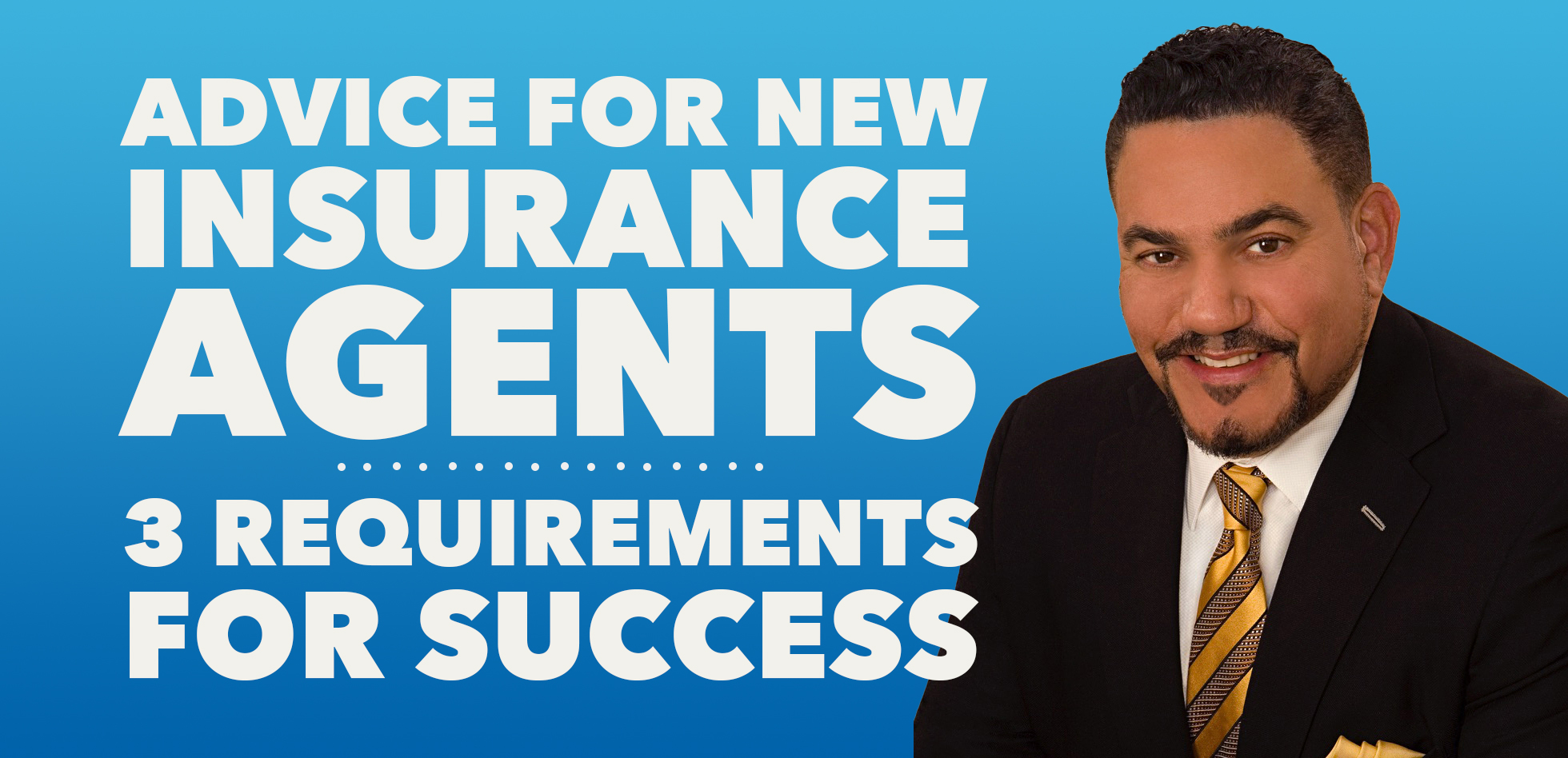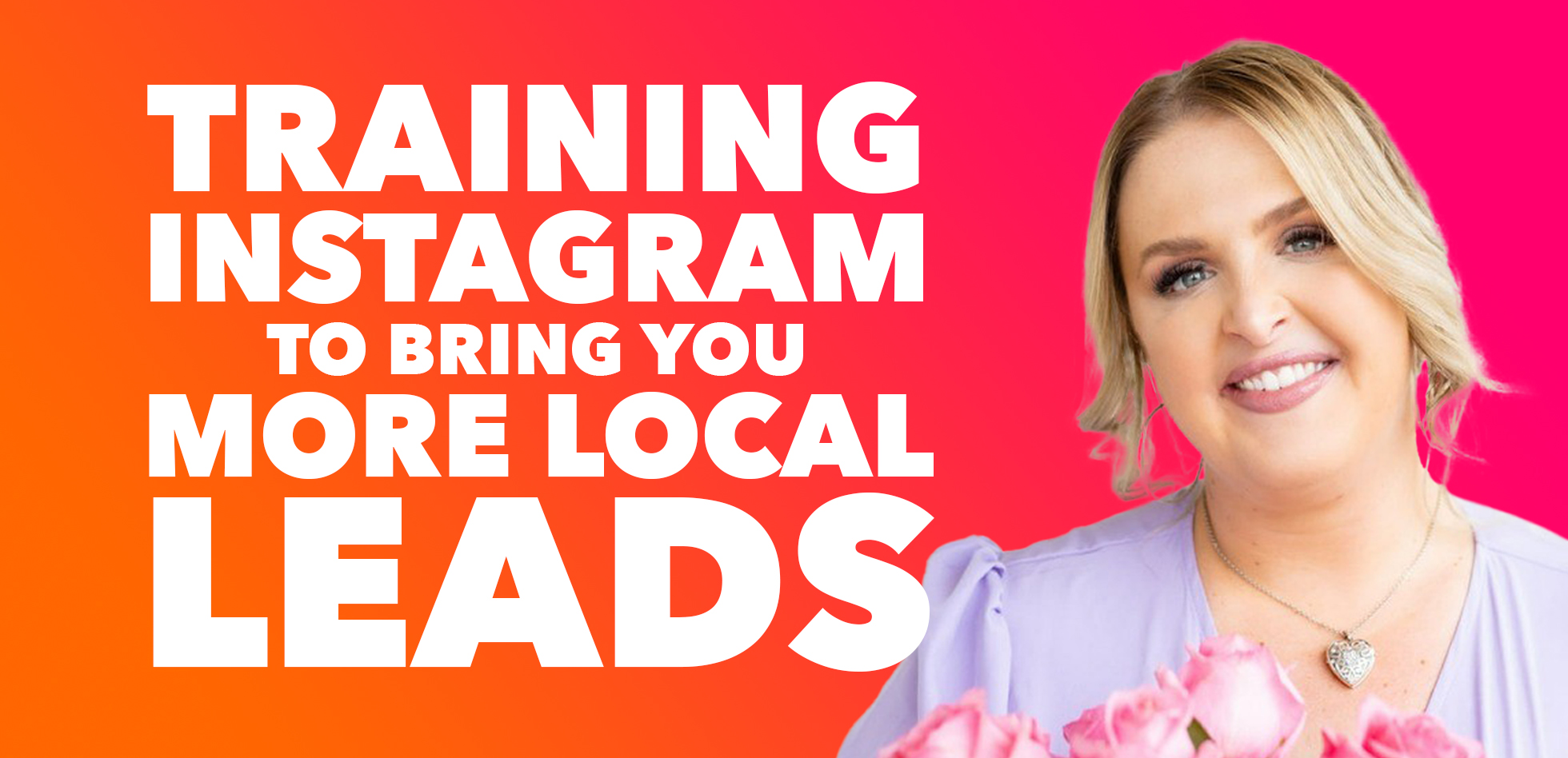How to Overcome Common Sales Objections
Trainers of sales professionals know that new salespeople have the most difficulty mastering two skills: overcoming objections and asking for the sale.
What’s interesting is the strategies in both cases are grounded in expectations:
- Expect your prospect to have objections.
- Expect the sale.
In this episode of Stay Paid, Luke and Josh talk about overcoming common sales objections. Using ReminderMedia as their example, they discuss the different types of objections their sales callers are often up against.
In reality, there are only two objections all sales professionals encounter:
- Your prospect doesn’t believe in the value of your product or service.
- Your prospect doesn’t believe they’ll use your product or service.
For Luke and Josh, handling customer objections is a matter of finding out which of the two objections is at play and using a three-step process that they teach their sales callers. With a bit of practice, you can learn to use it too.
Start with your mindset
While not a part of the three-step process for overcoming objections, if you start with the expectation that you’ll get objections, then the process of overcoming them is a little less intimidating. If you prepare for something you expect, then when it happens you won’t experience the fear of being caught off-guard or be at a loss for words.
The second idea (also not one of the three steps, but we’ll get there in a minute) is to have genuine enthusiasm for the product or service you’re selling.
At ReminderMedia, we believe that we’re helping our clients live a better life. We’re not selling them a product … we’re offering them a solution to a problem.
We know our clients struggle with finding enough time to do everything a successful business requires. We also know that marketing is a specialized skill that many professionals simply don’t have. And why should they? Their expertise is in doing whatever it is their business does, whether it’s selling insurance, providing financial advice, or selling homes.
We’re in the business of helping people live the lives they want and avoid the problems they don’t. We do it by offering the highest-quality automated marketing tools that keep them top-of-mind when someone requests a referral.
When your prospects understand that you’re in the business of helping them achieve their desires or avoid there pains—whatever desire or pain it may be—then you’re not selling as much as you’re providing them with what they want and need.
And to the extent that you embrace that belief, your confidence and your tone will reflect it.
3 Steps for Overcoming Common Sales Objections
In this episode of Stay Paid, Luke and Josh don’t offer a script for handling customer objections. Instead, they explain a framework that allows a sales professional to have a three-part conversation in which they acknowledge the prospect’s objection, isolate the objection, and then overcome the objection.
Acknowledge the objection
You need to give your soon-to-be client the respect of being heard. It’s important that whatever the objection is, regardless of whether it’s true, you acknowledge it.
You want them to know that you understand why they feel that they need to talk to their partner, think about it some more, talk to some of your other clients, or any of the other common sales objections.
Luke gives a good example of how to do this and turns what might first appear to be a stone wall into a prime opportunity to identify with your prospect, share a common understanding, and make a friendly connection.
Isolate the objection
Prospects can come up with a dozen objections to a sale. But remember—all objections boil down to two:
- Your prospect doesn’t believe in the value of your product or service.
- Your prospect doesn’t believe they’ll use your product or service.
Your job is to figure out which of the two your prospect is experiencing and address that objection.
When you isolate an objection, you can continue asking additional questions until it becomes clear whether you have a prospect who’s going to buy or if it’s time to move on.
It definitely takes some practice to isolate objections, but Luke shows you how to do it, and it’s amazing when it works.
Overcome the objection
Once you’ve addressed and overcome the real objection, closing the sale is a matter of reviewing the value proposition, providing a logical reason why the objection is no longer an obstacle, and assuming the sale … and Luke walks you through it all in this information-packed episode.
Key Points
- Go into a sale expecting your prospect to object.
- There are only two reasons why people will object:
- They don’t believe in the value of what you’re offering.
- The don’t believe they’ll use your product or service.
- Once a prospect states on objection, whether it’s true or not, you must address it as if it were real.
Action Item
Implement the framework for overcoming objections:
- Acknowledge the objection.
- Isolate the objection.
- Overcome the objection.
Resource
For additional information and examples of overcoming objections, you’re invited to consult one of our training videos, Handle Objections Like a Boss.



















 Soundcloud
Soundcloud iHeart Radio
iHeart Radio Spotify
Spotify Spotify
Spotify


